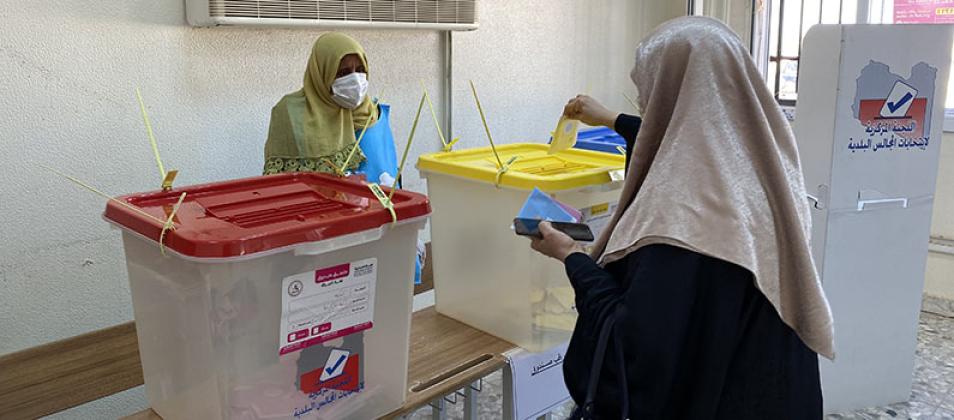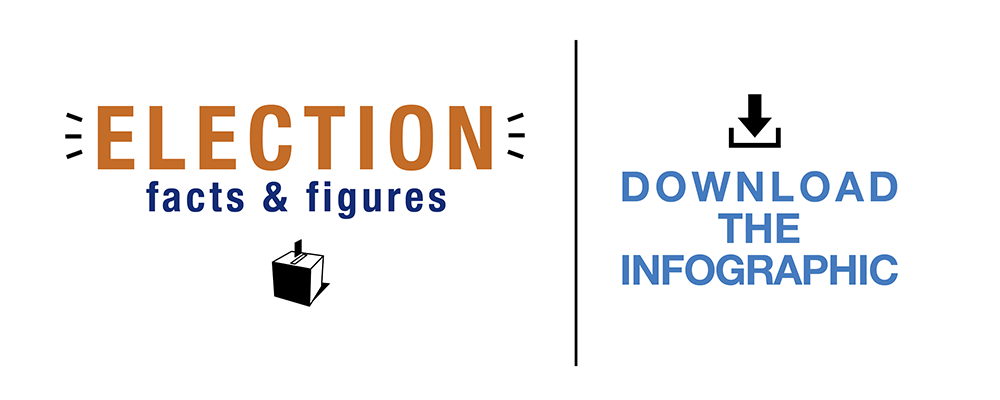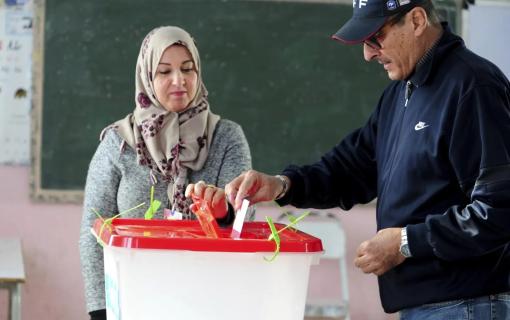
Elections in Libya: 2020 Municipal Elections
Municipal elections in Libya are staggered, with individual municipalities holding elections on different days. Libyan voters are currently in the midst of 38 municipal council elections scheduled in 2020, including elections in Misrata this week, with 56 more expected in 2021. Start dates have been delayed several times due to COVID-19, which has also resulted in changes to voting procedures and additional logistical preparations. Security challenges and threats of violence from various democratic “spoilers” have also delayed the implementation of local elections.
Municipal councils are the main entity responsible for providing services to citizens at the local level and are in charge of establishing and maintaining utilities related to urban planning, water, local transportation, real estate and more. Once elected, the council members elect mayors, who head each council. Since the removal of the Gaddafi regime, these institutions have played an important role in promoting dialogue, supporting a peaceful political transition building a viable democratic society and stabilizing Libya. However, with the majority elected to four-year terms in 2014-15, most of their mandates have since expired. Fair and transparent elections are needed to legitimize the new municipal councils.
To help you understand this important electoral process, the International Foundation for Electoral Systems (IFES) provides Frequently Asked Questions (FAQs) on Elections in Libya: 2020 Municipal Elections. IFES FAQs include:
- What electoral systems will be used?
- What is the election management body doing to safeguard the elections and voters during the COVID-19 pandemic?
- What provisions are in place that support the electoral rights of women and persons with disabilities?
- Is election observation allowed?
Learn more about IFES’ programs in Libya and follow @IFESLibya on Facebook and Twitter.
Learn more about IFES' COVID-19 Survival Guide for Democracies and follow #COVIDxDemocracy for new analysis and innovative solutions during this time of uncertainty.
Published on September 2, 2020.












